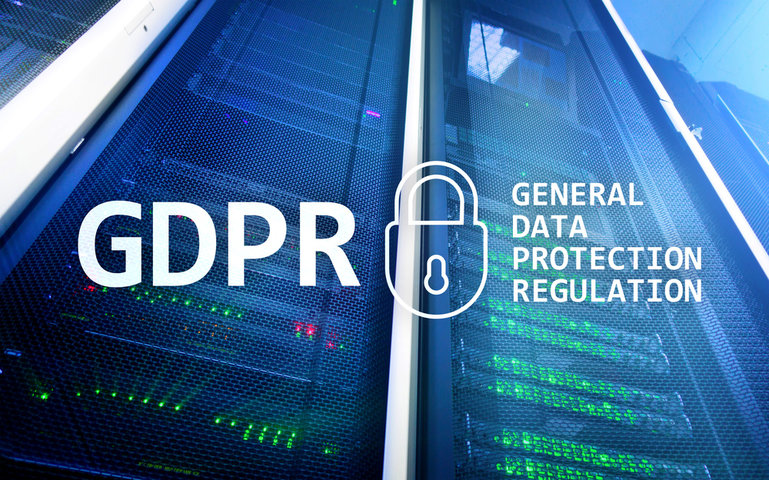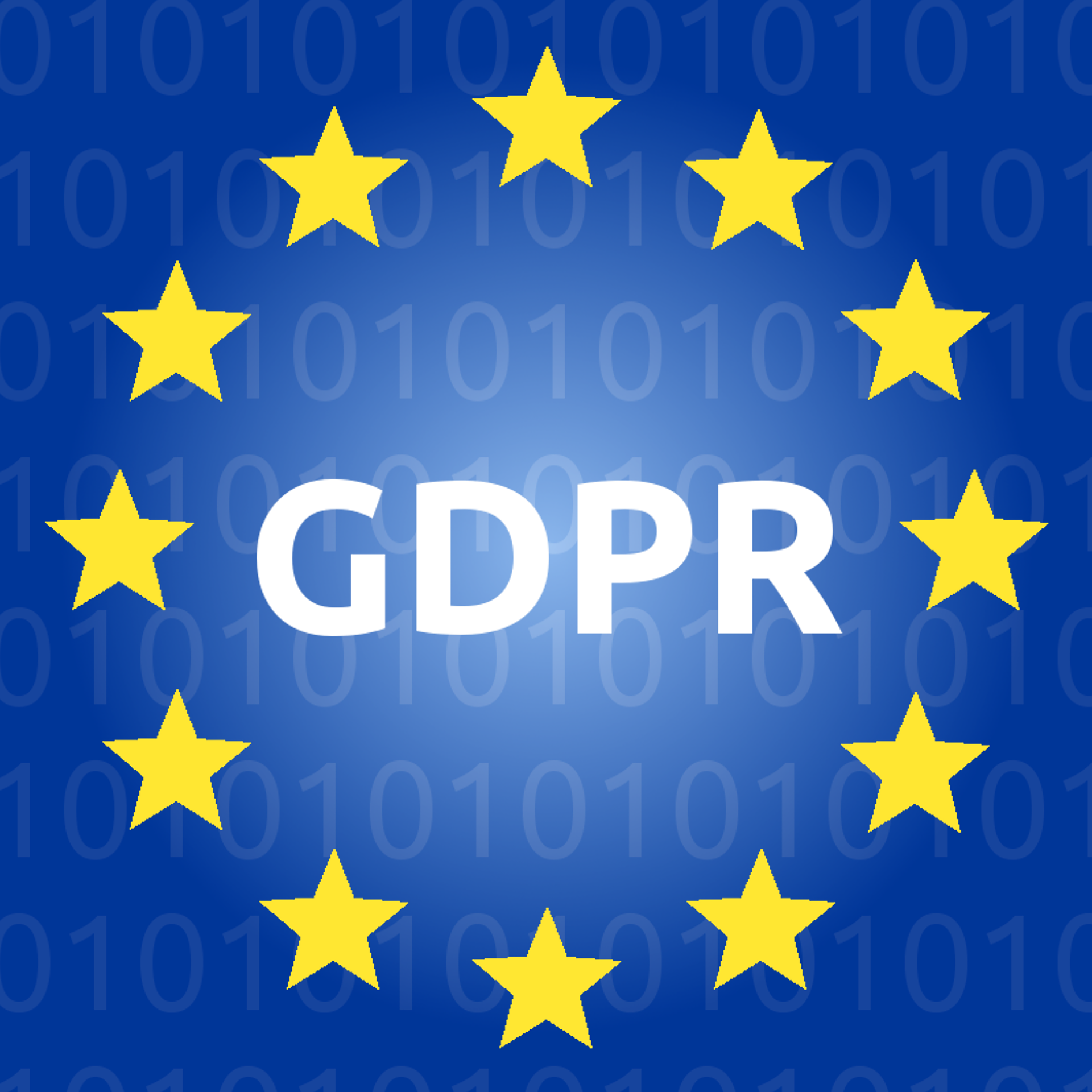
EDPB-EDPS Joint Opinion 01/2025 on SME Record-Keeping Simplification
🚨 NEW EDPB-EDPS Joint Opinion on SME Record-Keeping Simplification On 9 July 2025, the European Data Protection Board (EDPB) and the European Data Protection Supervisor (EDPS) released their Joint Opinion 01/2025 on the proposed regulation to simplify record-keeping obligations for small and medium-sized enterprises (SMEs) and small mid-cap companies (SMCs). 🎯 Key Highlights: Extended threshold: The proposal would raise the employee threshold from 250 to 750 employees for record-keeping exemptions under Art. 30(5) GDPR Broader scope: SMCs (small mid-cap companies) would also benefit from simplified obligations Risk-based approach maintained: High-risk processing activities would still require full compliance regardless of company size Administrative burden reduction: Aims to provide greater flexibility for smaller organizations while maintaining data protection standards 💡 EDPB-EDPS Position: The authorities express preliminary support for this targeted simplification initiative, welcoming the risk-based approach that ensures fundamental rights protection remains intact. However, they’ve requested further clarification on the new 750-employee threshold and recommend better alignment with the newly introduced SME/SMC definitions. ...



](https://www.nicfab.eu/images/edps/neural.png)



